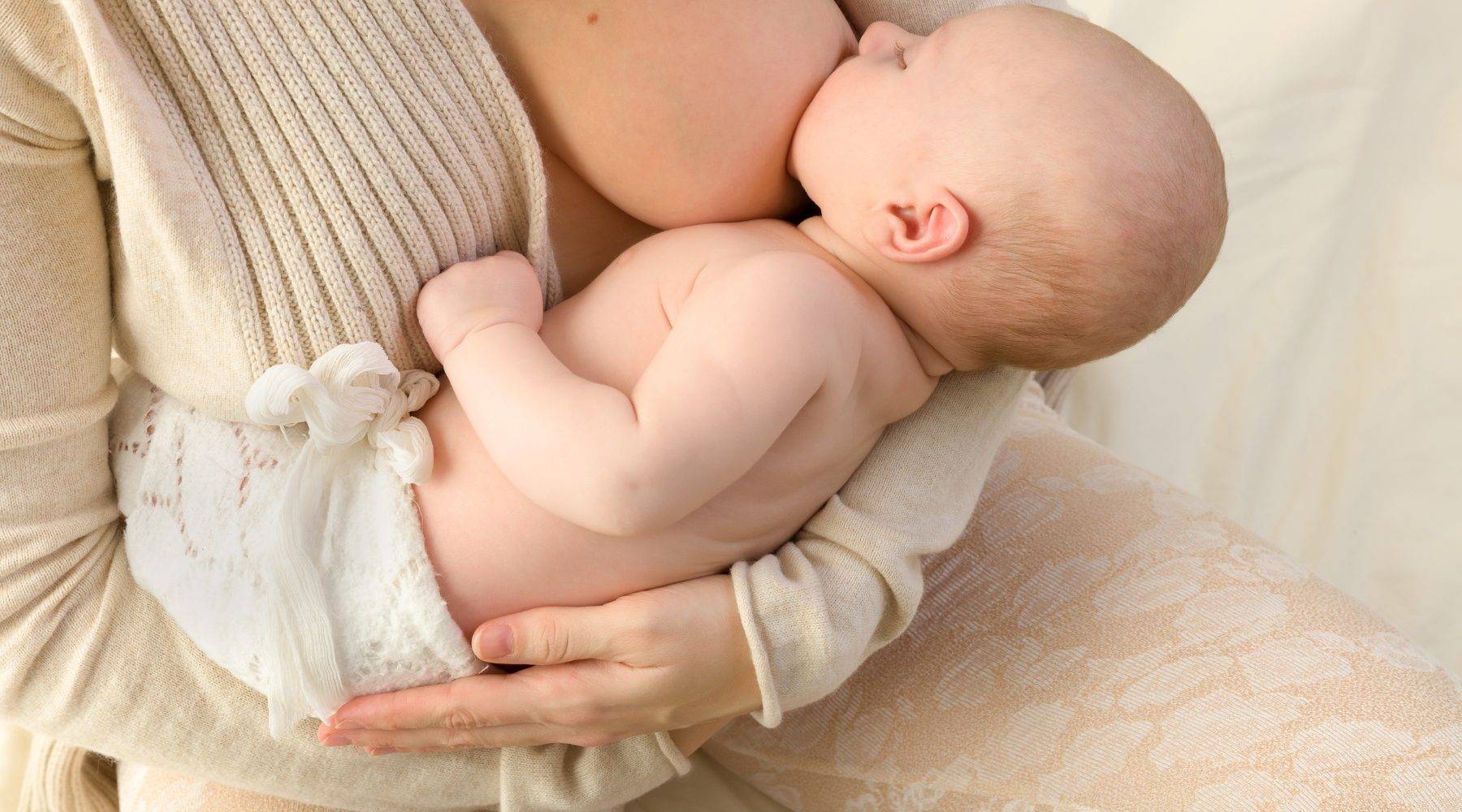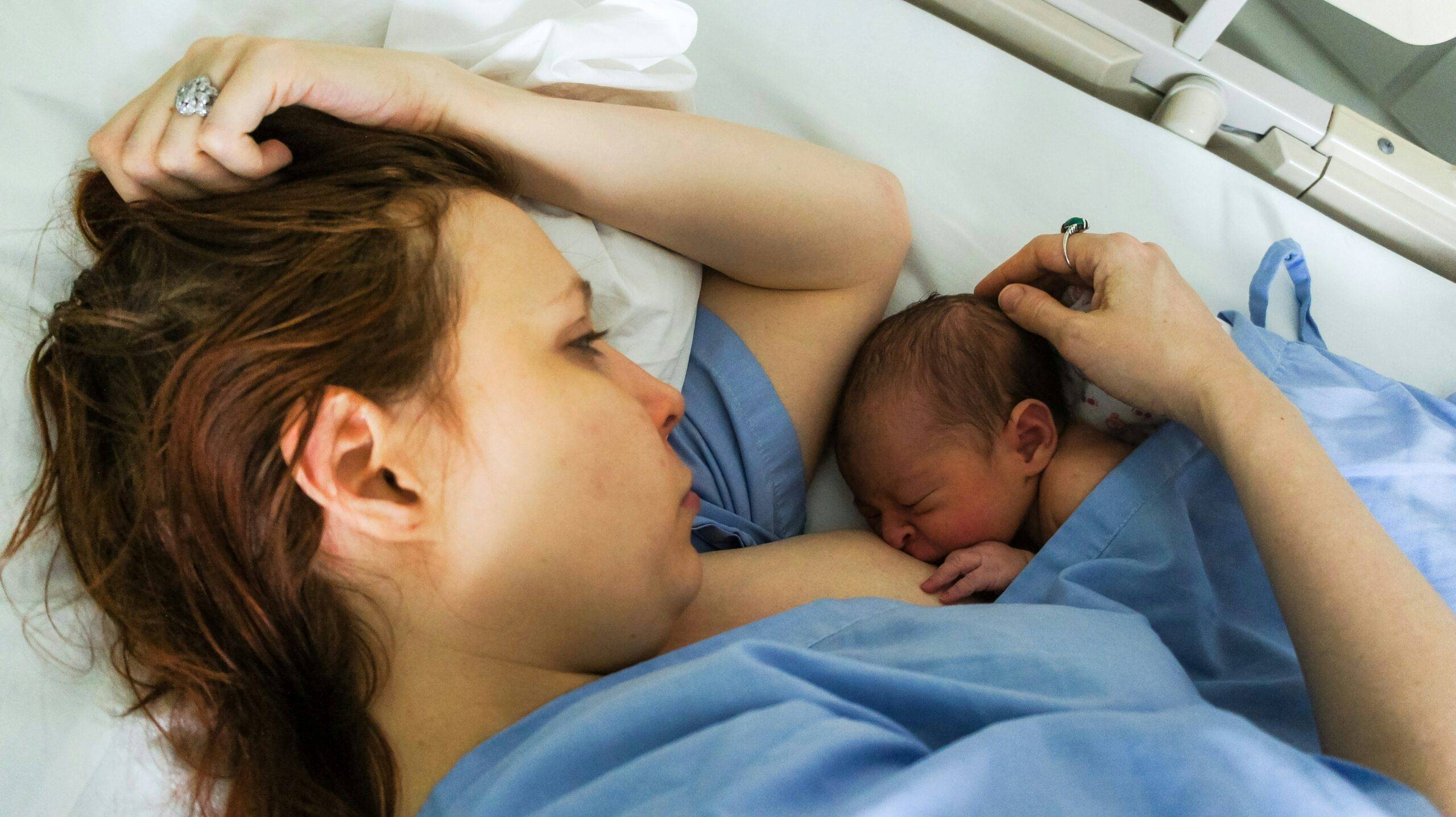Preparing for a hospital birth is one of the most exciting steps in your journey to parenthood. As your due date approaches, the anticipation builds, and so does the need to ensure you’re fully prepared for the big day. What to pack for hospital birth, while it may sound simple, ensures you can focus on the incredible moment of meeting your little one. Knowing what to pack for hospital birth—and what to leave behind—will help make your hospital stay smooth and comfortable.
This detailed guide will walk you through everything you need to pack for hospital birth, from must-have essentials to comfort items and tips for your partner, helping you prepare for labor, delivery, and postpartum recovery. By the end of this post, you’ll have a clear idea of what to include, how to organize your bag, and a few tips to enhance your comfort during your hospital stay. You’ll feel confident and ready for this amazing journey.
Pack for Hospital Birth: Being Early Is Smart

To pack for hospital birth early isn’t just about being organized—it’s about peace of mind. Unexpected events are common during pregnancy. Babies don’t always arrive on their due dates and labor might start earlier than planned. Having your bag ready by 36 weeks ensures you won’t rush at the last minute or forget important items. Being prepared helps you focus on what truly matters: the safe arrival of your baby.
An early start allows you to gather all your essentials without the stress of last-minute packing. It also gives you time to double-check your items, ensuring you’ve included everything to support a positive and calm hospital experience.
Hospital Bag Checklist: Essentials for Mom for Comfort and Recovery
To pack for hospital birth yourself, think about three phases of your hospital stay: labor, delivery, and postpartum recovery. Each stage requires specific items to make you comfortable and prepared.
1. Labor and Delivery Must-Haves
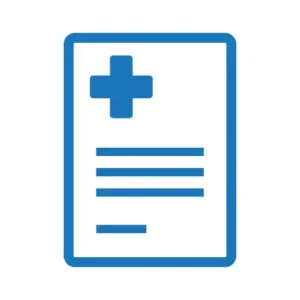
Labor and delivery take hours, and being comfortable is key. Here’s what you’ll need:
- Photo ID, Insurance Card, and Hospital Paperwork: These are non-negotiables for check-in and medical procedures. Keep them in a folder or pouch for easy access.
- Birth Plan: If you’ve outlined a birth plan, that is, your preferences for your delivery, such as pain management or immediate skin-to-skin contact, bring multiple copies for your care team to review.
- Comfortable Labor Gown: While hospitals provide gowns, some moms prefer their soft and breathable gowns instead. Make sure it’s loose and allows for easy movement.
- Lip Balm, Face Spray, and Hair Ties: Labor rooms can feel dry. Labor can be physically demanding, and small comforts and luxuries help you stay refreshed.
- Music or Relaxation Tools: Whether it’s a playlist of calming music, a stress ball, or a favorite essential oil, it helps ease tension and create a serene environment during contractions.
Learn more about the birth plan in this article: The Ultimate Guide to Creating Your Birth Plan for a Positive Childbirth Experience
2. Postpartum Recovery Essentials
The postpartum period is about healing and adjusting. These items will make your recovery easier:
- Nursing Bras or Tanks: Choose soft, stretchy, and easy-to-use supportive bras and tops that can be easily adjusted for breastfeeding or pumping.
- Maternity Pads or Adult Diapers: Postpartum bleeding (lochia) can be heavy, and hospital-provided pads may not always meet your preferences. Bring your own for added comfort and familiarity.
- Comfortable Underwear: High-waisted, breathable underwear to support your body after delivery.
- Compression Socks: These can help reduce swelling and improve circulation after delivery.
- Perineal Spray or Cooling Pads: These items are invaluable for soothing postpartum discomfort.
- Peri Bottle: Though hospitals provide one, having an extra peri bottle at home for the first few days can be a relief.
3. Clothing for Your Hospital Stay and Ride Home
During your stay and your trip home, comfort is paramount. Pack a mix of loose-fitting, cozy clothes that can be easily put on and taken off:
- Robe or Loose Cardigan: Perfect for layering, added warmth and coverage, and easy to slip on for walks around the maternity ward.
- Socks and Slippers: Non-slip options to ensure safety on slick hospital floors.
- Going-Home Outfit: A loose-fitting maxi dress, maternity leggings, or sweatpants paired with a soft top for your postpartum body.
4. Toiletries for a Personal Touch
While the hospital provides basic toiletries, having your own makes the stay less clinical.
- Toothbrush and toothpaste
- Travel-sized shampoo, conditioner, and body wash
- Deodorant
- Lip balm and hand lotion (hospital air is often dry)
- Hairbrush or comb
Pro Tip: Pack all your toiletries in a waterproof and compact travel bag to keep them organized and prevent spills.
Baby’s Essentials: What Your Little One Will Need
Your newborn’s needs during their first few days are simple but important. Most hospitals provide basic newborn care items, but bringing your own ensures you have exactly what you need.
5. Clothing for Your Newborn
Pack a mix of comfortable, weather-appropriate outfits for your newborn’s hospital stay and the trip home: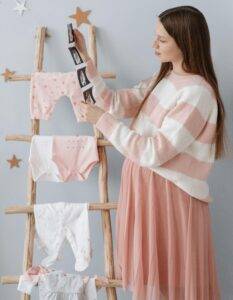
- Onesies and Sleepers: Bring 2–3 outfits in newborn and 0–3 month sizes, as it’s hard to predict how big your baby will be.
- Swaddle Blankets: Hospitals provide blankets, but having your familiar ones is comforting. Great for cuddling your baby and providing a sense of security.
- Going-Home Outfit: Choose something photo-ready but comfortable. Consider the weather to ensure your baby stays cozy for their first car ride.
- Socks, Hats, and Mittens: Newborns lose heat quickly, so these are essential.
6. Feeding and Care Items
Feeding routines begin in the hospital, and having the right items makes the process smoother:
- Pacifiers: If you plan to use pacifiers, pack a newborn-sized option.
- Burp Cloths: Handy for cleaning up small messes during and after feeding.
- Diapers and Wipes: While hospitals provide, having a few extras is a big help.
Partner or Support Person’s Packing List: What They Should Pack
Your partner or support person plays a critical role during labor and delivery. Packing their bag ensures they’re ready to support you without feeling unprepared.
7. Clothing and Personal Care
- Comfortable Clothing: Pack layers like sweatshirts or hoodies, as hospital rooms can be unpredictable in temperature.
- Toiletries: A toothbrush, deodorant, and travel-sized shampoo are essentials.
8. Tools for Supporting You
- Notebook and Pen: Useful for jotting down notes, doctor’s instructions, questions for the medical team, or special moments.
- Snacks and Drinks: Labor can be long, and keeping energy up is important.
9. Entertainment and Electronics
- Phone and Charger: Essentials for staying connected with family or taking photos of your newborn.
- Books or Tablet: Something to read or watch during downtime.
- Music or guided meditation playlists
Comfort and Extras: Little Things That Make a Big Difference
Pack a few extra comfort items that can transform your hospital room into a welcoming space.
10. Personal Comfort Items
- Pillow and Blanket: Hospital pillows are functional, but you may not be comfortable.
- Eye Mask and Earplugs: Great for blocking light and noise if you need to rest.
11. Snacks and Drinks
Hospital food schedules don’t always align with hunger pangs. Pack non-perishable snacks such as granola bars, dried fruits, and trail mix.
What to Leave at Home: Avoid Overpacking
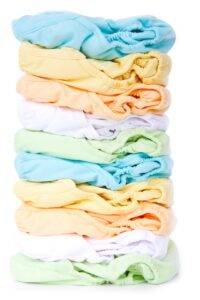
While it’s tempting to pack everything you might need, some items are better left at home:
- Jewelry or Valuables: These can easily get lost or misplaced during your hospital stay.
- Large Electronics: Bulky items like laptops might be more trouble than they’re worth
- Breast Pump: Hospitals provide pumps if needed during your stay.
- Too Many Baby Clothes: Your newborn won’t need a wardrobe; a few key items are enough
- Too Many Outfits: Pack lightly, as hospital stays are usually brief.
Pack for Hospital Birth: Tips for Organizing Your Hospital Bag
To make everything easier to find, a well-organized bag saves time and frustration. Consider these tips:
- Use Packing Cubes: Separate items into categories, such as mom’s essentials, baby’s clothes, and your partner.
- Label Everything: This is especially useful if your partner or a nurse is helping you retrieve items. You can grab what you need quickly without rummaging.
- Pack a Small Extra Bag for Dirty Laundry: Having a designated place for soiled clothes keeps everything else clean.
Preparing for the Unexpected: When to Head to the Hospital

Knowing when to leave for the hospital is just as crucial as packing your bag. Call your healthcare provider if you experience any of the following:
- Regular contractions that increase in intensity
- A sudden gush or trickle of fluid (your water breaking)
- Reduced fetal movement
The Importance of a Pediatrician’s Role After Birth
As you prepare to leave the hospital and settle into life with your newborn, a critical step awaits: scheduling your baby’s first pediatric visit. Your pediatrician will be a key partner in your baby’s health. The first pediatric visit is a cornerstone of newborn care.
This appointment is more than just a routine check—it sets the foundation for your baby’s health and development. The newborn’s first visit is scheduled promptly to ensure a smooth transition home. It allows your pediatrician to assess your baby’s overall health, track their development, and provide personalized guidance for the first days at home. Early visits are vital for:
- Monitoring Health: Assessing weight, feeding, and jaundice levels.
- Guidance for Parents: Providing tailored advice on feeding, sleep, and care.
- Building a Relationship: Establishing trust with your pediatrician for long-term car
When Should You Schedule the Appointment?
Most hospitals ask you to choose a pediatrician before your baby is born. A pediatrician may visit your newborn to perform an initial exam during your hospital stay. However, this does not replace the need for a follow-up appointment after discharge.
- For Breastfeeding Newborns: Schedule the visit within 48-72 hours after discharge. This ensures your baby is gaining weight and feeding effectively.
- For Formula-Fed Newborns: The first visit should occur within the first week.
- For Premature Newborns: If your baby was born prematurely or has specific medical needs, your healthcare provider might recommend an earlier appointment.
What Happens at the First Pediatric Visit?
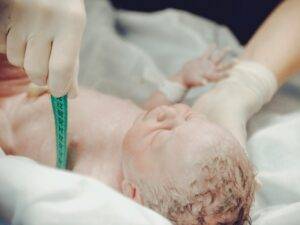
The first pediatric visit is important for the doctor to ensure your baby is off to a healthy start. Here’s what you can expect during this initial check-up:
Thorough Physical Exam: The pediatrician will perform a head-to-toe examination, checking:
- Weight, Length, and Head Circumference: To determine baseline data of your baby’s vital measurements and whether your baby grows and develops on track with age.
- Skin Tone and Jaundice Levels: To identify any signs of newborn jaundice, a common but manageable condition.
- Reflexes and Muscle Tone: To assess neurological health.
Feeding and Nutrition Evaluation: Your pediatrician will ask detailed questions about your baby’s feeding patterns. Question be like. ” Are they latching well if breastfeeding?”, “How often are they feeding?”. and “Are they producing enough wet and dirty diapers?”.
Screening Tests: If not completed in the hospital, your baby may need additional screenings, such as hearing tests and metabolic screenings. The latter vary due to statutory laws and are used to detect rare genetic or metabolic conditions.
Parental Guidance: The pediatrician will also provide essential advice, including Safe sleep practices to reduce the risk of sudden infant death syndrome (SIDS), umbilical cord care, tips for bathing, and recognizing signs of illness or dehydration.
Learn more about pediatric visits in this article: 12 Reasons to Visit Your Pediatrician Once You Have a New Baby
- 5 Essential Reasons Why Regular Pediatrician Visits Are Vital for Your Newborn’s Health
- How Often Should You Take Your Newborn to the Pediatrician in the First Year?
Ready for the Big Day for a Stress-Free Hospital Experience
Knowing what to pack for hospital birth doesn’t have to be daunting. Focus on essentials, organizing your bag, and thinking through your family’s needs; you’ll feel more prepared and less stressed. The ultimate goal is to enjoy this life-changing moment with your baby.
Review this list, adjust it to fit your preferences, and keep your bag ready to go. Congratulations—you’re about to embark on the beautiful journey of parenthood!



